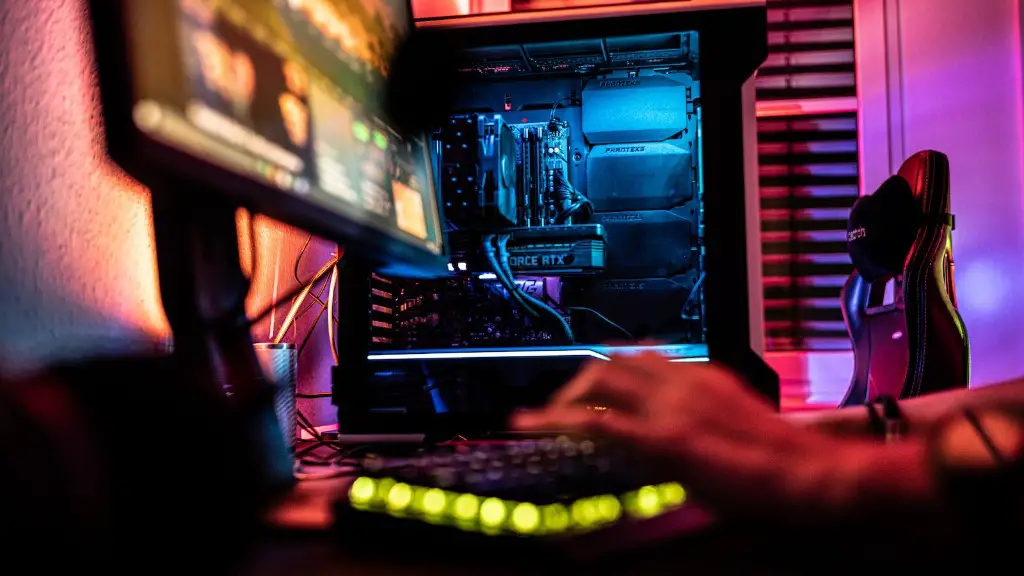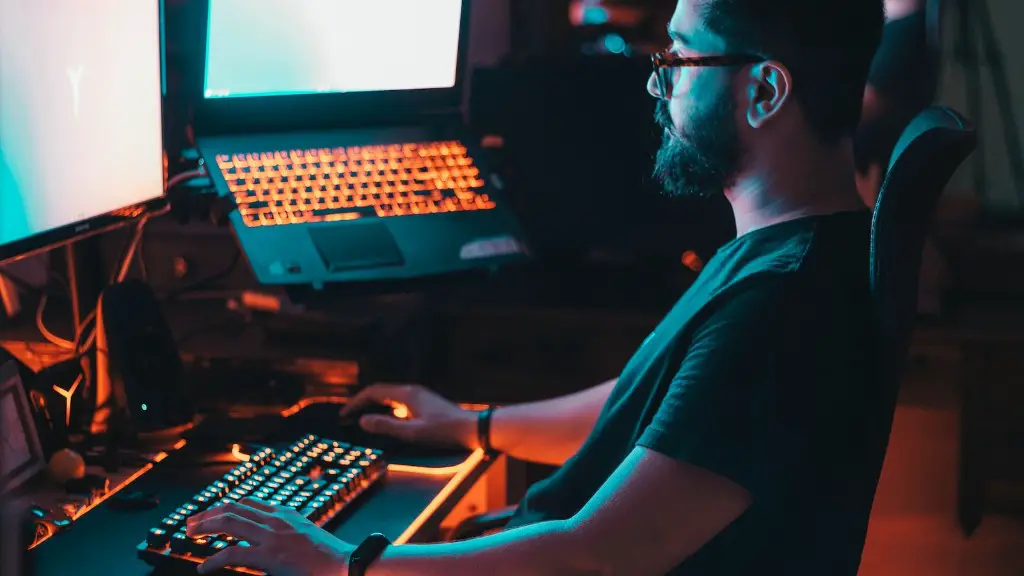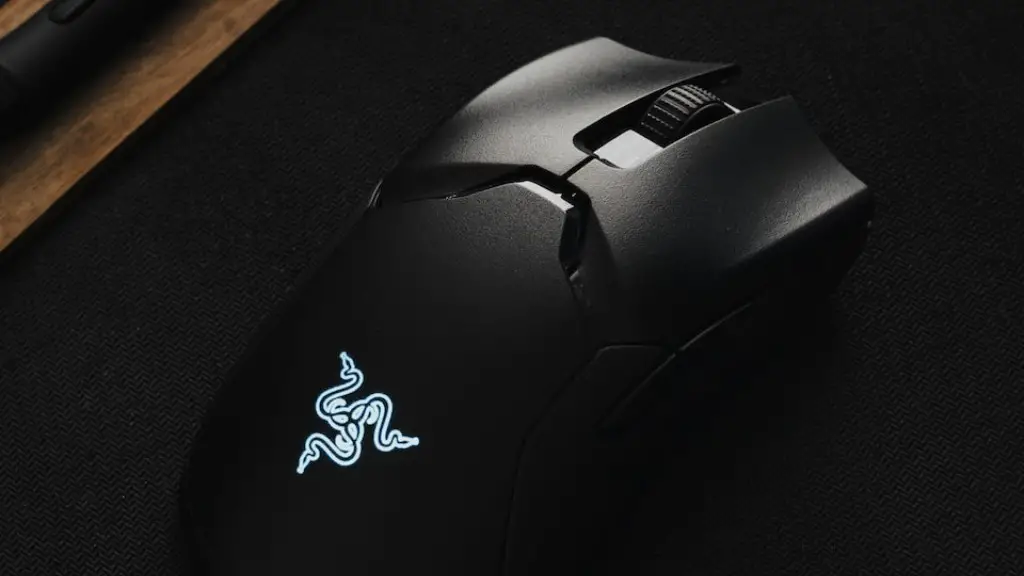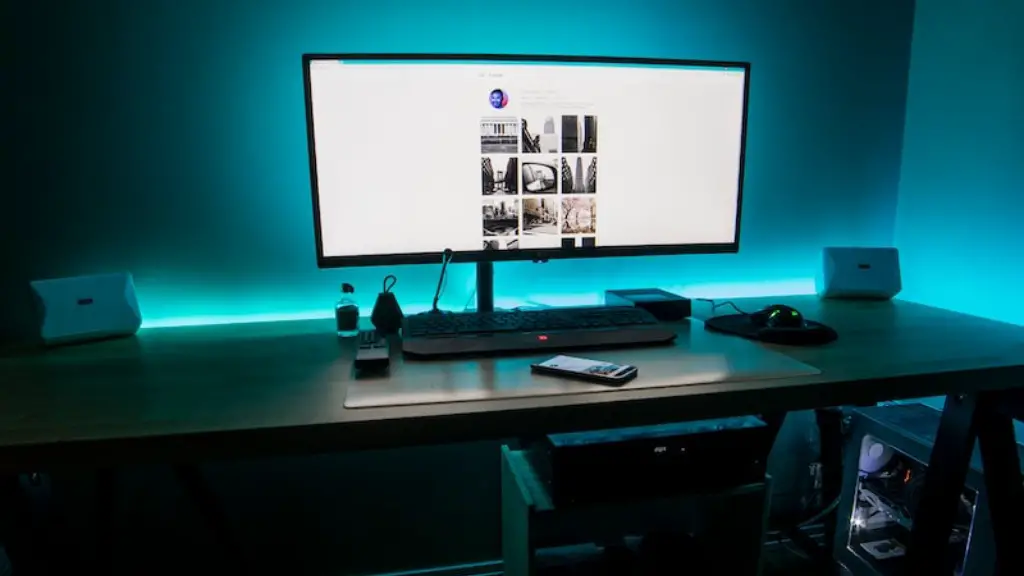A gaming PC is a personal computer designed for playing video games that require a lot of computing power and a high-end graphics card. If you’re a serious gamer, you probably already have a gaming PC. But if you’re new to the world of PC gaming, you may be wondering how to set one up.
This guide will walk you through the basics of setting up a gaming PC, including choosing the right components, installing them, and configuring the system for optimal gaming performance. By the end, you’ll be ready to frag some opponents and climb the ranks of the online gaming world.
There’s no one-size-fits-all answer to this question, as the best way to set up a gaming PC depends on the individual components you’re using and your own preferences. However, there are some general tips you can follow to ensure that your gaming PC is set up optimally.
First, make sure that all of your components are compatible with each other. You don’t want to run into any bottlenecks that will hinder your gaming performance.
Next, decide how you want to set up your cooling system. If you’re using air cooling, you’ll want to make sure that your components are properly spaced out to allow for adequate airflow. If you’re using water cooling, you’ll need to install your radiator and pumps according to the manufacturer’s instructions.
Finally, it’s important to cable management. This will help ensure that your components are properly powered and that your system looks neat and tidy. Follow these tips and you’ll be well on your way to setting up the perfect gaming PC.
What do you need to set up a gaming PC?
Here are the components you need to build a gaming PC, in addition to your case:
-Central Processing Unit (CPU)
-Graphics Processing Unit (GPU)
-Motherboard
-Memory (RAM)
-Storage
-Power Supply Unit (PSU)
-System cooling
-Gaming peripherals
Building a gaming PC is a great way to get into PC gaming, but it can be a little daunting if you’ve never done it before. Here’s a quick guide to help you get started.
1. Take stock of your parts. As a reminder, to build a gaming PC, you’ll need (at minimum) a motherboard, a CPU, a GPU, some RAM, a storage device, a power supply and a case.
2. Clean your workspace. It’s important to have a clean, clutter-free workspace when you’re building a PC.
3. Get Windows ready. If you’re going to be using Windows as your operating system, you’ll need to download and install it on your new PC.
4. Install the CPU. This is one of the most important parts of the process, so be sure to follow the instructions carefully.
5. Install the CPU cooler. This is an optional step, but if you’re going to be overclocking your CPU, it’s a good idea to install a CPU cooler to help keep things cool.
6. Insert the RAM. Another important step! Make sure you insert the RAM in the correct slots on the motherboard.
7. Plug
What should I do for my first gaming PC
Building your first gaming PC can be a daunting task, but it doesn’t have to be! Here are 6 tips to help you get started:
1. Work within your budget – This is probably the most important tip of all. Figure out how much you can afford to spend on your PC, and then stick to that budget. There’s no use in spending more money than you have to.
2. Check the system requirements of your favorite titles – Before you start buying parts for your PC, make sure you know what the system requirements are for the games you want to play. That way, you can make sure your PC will be able to handle them.
3. Avoid system resource bottlenecks – Another important thing to keep in mind when choosing your parts is to avoid system resource bottlenecks. That is, don’t get a really powerful CPU if your graphics card isn’t up to par, or vice versa. Doing so will result in wasted money and performance issues.
4. Choose a storage capacity and type that suits your game library – Depending on how many games you plan on playing, and how large those games are, you’ll need to choose a storage capacity and type that’s right for you. If
A typical gaming setup will cost between $1,000 and $1,500, and a PC capable of running high-end games at a high frame rate will cost around $3,000. The total cost of your PC setup will be heavily influenced by what you intend to use the new machine for. For example, if you want to use the PC for gaming and nothing else, you can get away with a lower-end machine. However, if you want to use the PC for gaming and other resource-intensive tasks, you’ll need to invest in a more powerful machine.
What goes first in a PC build?
A motherboard is the central circuit board of a computer. It connects all the hardware components of a computer together and provides a platform for them to interact with each other. The motherboard is the first component you’ll want to choose when building a computer.
16GB is the recommended amount of RAM for playing most games. This will provide a noticeable increase in performance from 8GB. You will also be able to run applications in the background without affecting gameplay.
Is it cheaper to build a gaming PC?
Building your own PC can save you a lot of money in the long run, as you can pick and choose the parts that you need and avoid paying for expensive parts that you don’t need. It’s important to do your research before you build your own PC, as you need to make sure that all of the parts are compatible and that you know what you’re doing. Otherwise, you could end up spending more money than you would have if you had just bought a pre-built PC.
The Intel Core i5-12600K is the best gaming CPU you can get right now. It has a base clock speed of 36GHz, but allows you to boost it to 49GHz for even faster performance. It also has integrated graphics so you don’t need to invest in an expensive, dedicated GPU to play less graphically intensive games.
How much is a good gaming PC
If you’re looking to get a new gaming PC, $1,000 – $1,500 is a great price range to aim for. You’ll be able to get a graphics card that can handle 1440p at solid frame rates, along with a supporting spec that includes a sizeable NVMe SSD and 16GB of fast memory. Plus, you’ll get a modern CPU that will keep you gaming for years to come.
If you’re serious about gaming, you need a powerful CPU and a good video card. Cooling is also important, as gaming laptops can get pretty hot. Look for laptops with built-in heatsinks and consider using a laptop cooling pad.
How much does starting a gaming PC cost?
When it comes to building a high-end gaming PC, you need to be prepared to spend at least $2000. This will allow you to budget for extras like WiFi, a built-in IO shield, USB C, and plenty of fans and RGB lighting. If you want to really go all out, you could even spend more than $2000. But at that point, you might as well just buy a pre-built gaming PC.
Building a gaming PC can be a time-consuming process, especially if you’re a beginner. It’s important to factor in time for preparation and troubleshooting, in addition to the actual building process. Depending on the complexity of the build and the experience of the builder, it can take anywhere from a few hours to a full day to complete a gaming PC build.
Is it better to buy or build a gaming PC
A Components Fail less often in Custom-built PCsPre-built PCs may have parts that were not properly tested before being put into the system. This increases the likelihood of a component failure. When a component fails inside a PC you built, it is easier to identify because you are more familiar with each part.
In a pre-built PC, there is usually only one point of contact for support and repairs. This can be frustrating when dealing with customer service. With a custom-built PC, you can contact the manufacturer of each component for support if something goes wrong. This can save you a lot of time and frustration.
Custom-built PCs can be tailored to your specific needs. If you need a powerful graphics card for gaming, you can put one in your build. If you don’t need a graphics card, you can save money by not including one. You can also choose the specific components you want to include in your build, which can save you money in the long run.
Pre-built PCs are mass-produced and often have subpar components. By building your own PC, you can choose the specific components you want to include. This allows you to get a higher-quality build overall.
Building a PC
A good beginner gaming setup needs to include a good monitor, a comfortable chair, capable headsets, and a PC strong enough to run your favorite titles over the next few years. Going for a console is not a bad choice, as a gaming setup does not necessarily require the strongest PC for users to have fun.
How much does a decent PC setup cost?
It really depends on what kind of gaming setup you want. If you just want a basic gaming PC, you can expect to pay around $850 to $1,200. However, if you want a PC that can run games at 60 frames per second on maximum settings, you could be looking at a bill of around $2,000. So, it really just depends on your needs and budget.
Building a PC from scratch is not as difficult as one might think. The process mostly involves screwing in the right screws and connecting the right cables. As long as you’re careful with your components and take the proper safety precautions, even beginners can make a PC that rivals the best desktop computers.
Final Words
To set up a gaming PC, you will need to purchase a gaming desktop or laptop, a gaming monitor, a gaming headset, a gaming mouse and keyboard, and a gaming controller. You will also need to make sure that your computer meets the minimum requirements for the games you want to play.
If you are looking to set up a gaming PC, there are a few things you need to consider. First, you need to decide what kind of games you want to play. This will determine what kind of graphics card you need. Second, you need to decide how much storage you need. Games can take up a lot of space, so you need to make sure you have enough room. Third, you need to choose a good CPU. This will ensure that your games run smoothly. Finally, you need to pick a good motherboard. This will ensure that all of your components work together.



